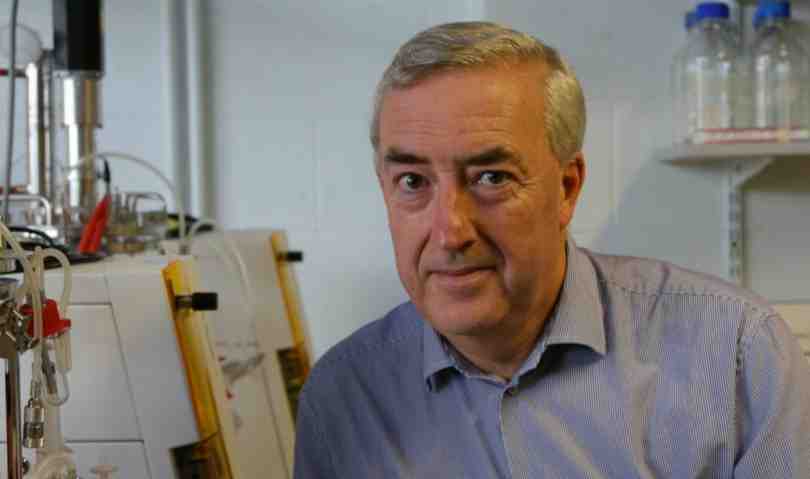Robert Dunne, CEO of GlycoSeLect, reflects on how biopharmaceuticals have transformed the pharma industry in Ireland over the past 40 years
At GlycoSeLect, we advance technologies to assist the development and manufacture of pharmaceutical products derived by biological means. Our products are used in their analysis and, especially, in their purification process.
We have worked with the new immunotherapies for cancer and vaccines, including candidates for HIV and Covid-19. GlycoSeLect has received significant investment from Enterprise Ireland, private investors including KBI Biopharma Inc, and is currently seeking further investment under the Employment & Investment Incentive Scheme (EIIS).
The pharmaceutical industry has changed dramatically since I started my career in 1980. Technologies have shifted from being based on chemical synthesis to using living cells to produce therapeutic products.
Ireland has benefited economically by attracting investment from the world’s top multinational companies to manufacture pharmaceutical products in line with the development of this new technology.
Less remembered perhaps are the indigenous companies producing local brands and non-branded generic medicines before the arrival in the late 1960s of the big pharma companies. Names such as Cahill May Roberts, Clonmel Chemicals, Pinewood Laboratories, Rowa Pharmaceuticals, Lilmar, and Athlone Laboratories were more familiar to patients and doctors then.
Other Irish companies developed international brands. Sudocrem, first formulated in a pharmacy on the North Circular Road in 1931, is a terrific case study in product development and effective marketing. There was, therefore, a pool of experience ready to service the foreign direct investments, which was complemented by our third level institutions providing relevant education and training to their graduates.
Irish companies were also developing new technologies, enhancing the burgeoning manufacturing sector. Elan Corporation and its neighbour, ConMed, in Athlone produced improved versions of oral medicines for major companies by controlling the release of the active ingredient in the body. This successful strategy saw Elan become the first Irish pharmaceutical company to list on the Nasdaq stock exchange.
The multinational companies, in general, were yet to be formed by the merger and amalgamation of national champions. Their predecessors had already established facilities in Ireland, with a major cluster in the Cork harbour region.
At the turn of this century, breakthroughs in developing therapeutic products using the body’s immune system to fight diseases started to emerge. These therapeutic products are based on manufacturing monoclonal antibodies, for example those by Regeneron in Limerick.
Similarly, there are rare diseases where the patient’s body has failed to produce important enzymes. Sanofi in Waterford manufactures products which contain the missing biochemical for such diseases. All these newer pharmaceuticals are made using living cells in highly controlled conditions with sophisticated product purification processes.
The pharmaceutical industry has evolved from working with relatively simple chemicals to complex molecules derived from living cells. From reducing the pain caused by arthritis with aspirin to addressing the cause of arthritis with biological molecules. And from producing vaccines made in eggs following decades of research work to developing and manufacturing a vaccine for a new infectious disease, SARS-Cov-2, in a little over a year.
Truly dramatic changes have occurred since 1980!
• GlycoSeLect develops innovative technologies for the analysis, characterisation and purification of biopharmaceuticals. Its EIIS funding round will fund development of its RPL technology in biopharmaceutical manufacturing, especially vaccine and cancer immunotherapy applications.











